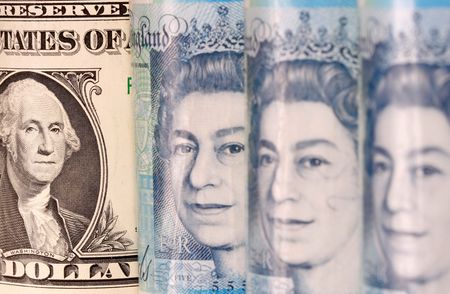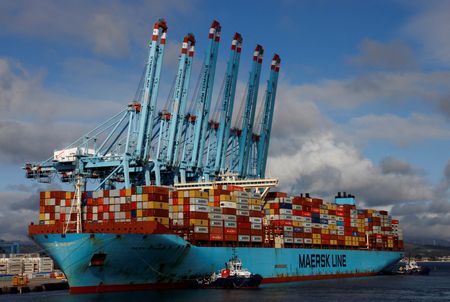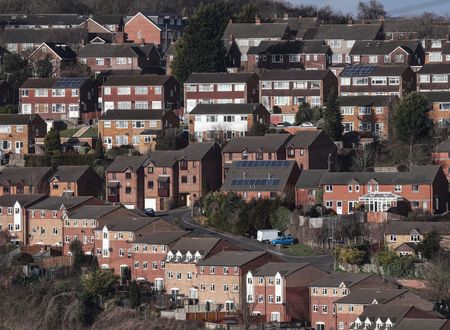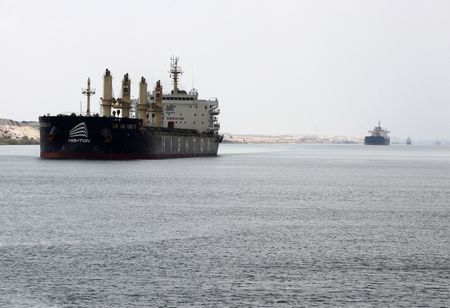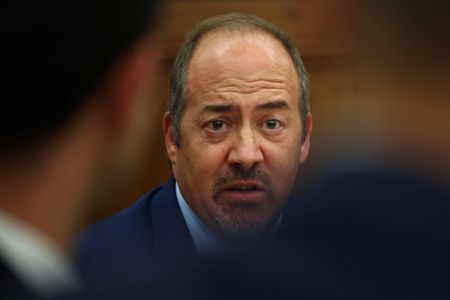By Lucy Raitano
LONDON (Reuters) – The pound rallied on Monday to more than two-week highs as broad-based dollar weakness allowed the British currency to extend its rebound from recent two-year lows.
Sterling, down over 4% this month, has taken a beating from worries about a deteriorating economic growth outlook.
The currency clawed back some ground last week and rose against the dollar on Monday as investors sold the U.S. unit on hopes that loosening COVID-19 lockdowns in China could help global growth.
Focus was expected to return to the UK outlook with a closely-tracked business activity survey due out on Tuesday.
By 1530 GMT sterling was up 0.64% at $1.2575, having touched $1.26 – its highest level since May 5.
“We’ve gone from a bit more of a UK-focused backdrop on cable (sterling/dollar) last week, to this week going into a global focus,” said Simon Harvey, head of FX Analysis at Monex Europe.
“PMI data tomorrow will increase emphasis on how current levels of economic activity in the UK is faring against the euro zone and the U.S., and what this means for the UK growth outlook.”
Strong labour numbers early last week had reinforced expectations that the BoE will need to continue raising interest rates to fight high inflation.
Data on Friday showed British retail sales jumping unexpectedly in April.
But expectations were tempered days later when inflation hit a 40-year high, raising concerns over how far the BoE will be able to hike rates without precipitating an economic downturn.
“We’re seeing in the last week or so a renewed appetite from policymakers to continue hiking rates despite the continuing growth outlook,” Harvey said.
“So it’s a bit of a turnaround from May 5 when it was assumed they would hike once or twice before going on a long pause before summer.”
The BoE has raised interest rates four times since December – more than any other major central bank.
Downside risks remain material for the pound due to a potential forced dovish re-pricing of BoE rate expectations and a resurgence of Brexit-related concerns, said ING Strategist Francesco Pesole.
“Those risks may take time to materialise though and the pound may retain some good momentum this week, especially against the euro,” Pesole said in a note.
But for now, sterling was weaker against the euro.
It was last down almost 0.5% at 84.93 pence per euro as the single currency benefited from hawkish comments from European Central Bank chief Christine Lagarde.
(Reporting by Lucy Raitano; Editing by Dhara Ranasinghe and Catherine Evans)

